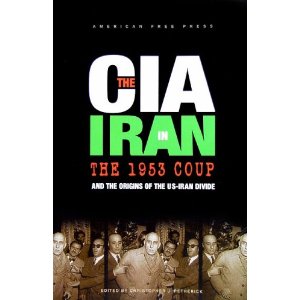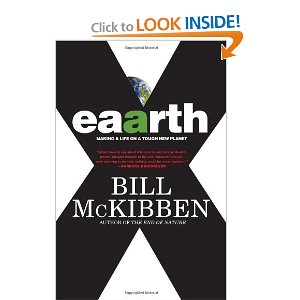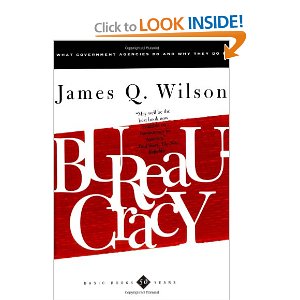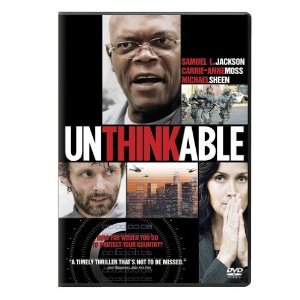
![]() No Exit!, October 5, 2010
No Exit!, October 5, 2010
| By | Retired Reader (New Mexico) – See all my reviews (New Mexico) – See all my reviews |
Bob Woodward
1. The focus of this book is the complicated process that led to President Obama to increase the level of U.S. troops deployed to Afghanistan in support of the so-called “surge strategy.” Like all of Woodward’s previous books this book is apolitical and contains minimal analysis and commentary. It is a chronological compilation of quotes and paraphrases that Woodward has selected to demonstrate how the decision making process in this case actually worked. Woodward is a respected journalist and has a track record of accurately reflecting White House Deliberations.
2. Woodward makes it clear that President Obama’s concerns with Afghanistan so often articulated in his run for the Presidency were genuine and unfortunately well founded. The military and political situations in Afghanistan were rapidly deteriorating to the point of endangering the U.S. position there. The President wanted to formulate a new strategy that would neutralize the threats posed by al Qaeda still operating on the Afghan-Pakistan Border and transform Afghanistan into stable country that would not serve as a host to al Qaeda. To do this, he sought to obtain at least three or four strategic alternatives that he could choose from rather than simply going with the military centric strategy option that was already on the table.
3. The military centric option was favored by Admiral Mullen, Chairman of the Joint Chief of Staff (JCS), General Petreaus (USA) Chief of CentCom, and General McChrystal (USA). General McChrystal strongly argued that the Afghan security forces could be quickly brought up to such a level (400,000!) and that an all American Force of 40,000 troops (four brigades) could easily seize, hold, and transfer key population centers over to Afghan Security Forces. Although his optimism was at variance with actual conditions in Afghanistan, Admiral Mullen and General Petreaus supported McChrystal’s argument.
4. Still President Obama wanted to be able to review other options before committing so many troops to a failing state like Afghanistan. He also was aware that any Afghan solution would by necessity involve a Pakistani solution. The all powerful Pakistani Military had a very complex relationship with the Taliban movement and, it was suspected, al Qaeda. He therefore sought to develop a strategy that would recognize this.
5. Prior to beginning his search for alternative solutions to the Afghanistan problem the president asked Bruce Riedel of the Brookings Institute to draft a Review summarizing the current situation in Afghanistan and providing some strategic insights. Riedel is a thirty year veteran of CIA, a real expert on the Near East and Central Asia, and dates from the halcyon days when intelligence analysis was still considered a profession. His review followed and expanded points he had already established in his book, The Search for al Qaeda (Brookings Institute, 2008). The Review was especially useful in clearly articulating that solving Afghanistan’s problems necessarily involved solving Pakistan’s as well. In Riedel’s opinion the center piece of any strategy should be the elimination of al Qaeda from its border strongholds in the Pakistan Federally Administered Tribal Areas (FATAs). Riedel also pointed out that it would take a long term military-civil effort to turn Afghanistan into a viable nation-state. All of the National Security Council (NSC) principals, including the military, agreed that Riedel’s Review was the most accurate information on Afghanistan, al Qaeda, and Pakistan.
6. In reading Woodward’s account it is clear that Pakistan has its own high complex agenda in Afghanistan, driven not by U.S. concerns, but by fear of India. Pakistan’s Inter-Services Intelligence (ISI) appears to be playing a very dangerous game of supporting the Taliban (usually), tolerating al Qaeda yet still trying to cooperate where feasible with CIA. The ISI has one primary target and that is India; it appears that ISI considers Afghanistan just another strategic pawn, as is the U.S., in its life and death game against India. The Pakistani Military share this world view and indeed General Kayani, Chief of Staff of the Pakistan Army told Woodward as much. President Zardari of Pakistan appears weak and ineffectual, serving at the sufferance of the military.
7. Remarkably Riedel’s Review is a both timely and accurate summary of the situation in the Afghanistan-Pakistan (AfPak) yet it was developed from largely unclassified sources. Unremarkably, the U.S. Military while agreeing that the Review was an accurate situation report chose to ignore it because it did not fit into their pre-determined surge strategy which simply transferred the superficially successful Iraqi Surge model to Afghanistan.
8. Besides the Riedel Review, the NSC had remarkably little intelligence to help them in their search for alternative strategies. A close reading of Woodward’s account reveals why.
9. The simple fact of the matter is that in a reprise of the last forty years, the U.S. Intelligence System has been able to produce very effective tactical intelligence in support of military operations (i.e. locations of individuals and groups, tactical level threats etc.), but completely unable to produce strategic intelligence. Repeatedly in this book NSC participants express surprise that almost nothing is known of the organizational structures, funding, and level of Pakistani involvement in al Qaeda, the Taliban, and other affiliated groups. There is also no evidence in this book that anybody in the NSC took it upon themselves to review a reasonably extensive literature on the ethnography of Afghanistan to help clarify just what the Taliban and other Afghan groups actually are after.
10. In the end, the unrealistic strategic plan advanced by General McChrystal won out because the military simply refused to come up with any other and, in the absence of strategic intelligence nobody else could come up with a politically acceptable alternative.








